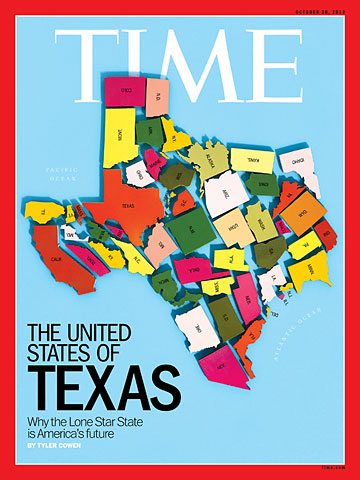
(8 of 9)
The new frugality born of the Great Recession is unlikely to give way to the old conspicuous consumption anytime soon, if consumer studies are to be believed. Nick Hodson, a partner and member of the consumer and retail practice at Booz & Co., points to his company's 2012 study of 2,000 grocery shoppers across the country. The study found that "value-seeking behavior" was here to stay.
"The recession caused about 20 to 30% more shoppers to adopt these behaviors as they adjusted to straitened personal circumstances or simply followed a set of perceived 'acceptable' frugal behaviors," the study concluded. "Today, 75 to 90% of consumers are exhibiting these frugal shopping behaviors. What's important is that a majority--perhaps two-thirds--of the newly frugal shoppers report that they will not revert to their previous behaviors as the recession ends."
THE TRAIL AHEAD
There are, of course, major downsides to the future I'm describing here. A lot of health care will become more expensive and harder to access. Many Americans will have to downsize their living quarters involuntarily. People in the shrinking middle class who want to have more than one child may find the costs too high. There is no longer the expectation, much less the guarantee, that living standards double or even increase much with each generation.
But it's not all bad news--especially if we take the right steps to prepare. The flood of Americans moving to Texas shows us where we need to focus our attention; what these migrants have found in Texas shows us ways many of our cities and states can improve.
Most critically, across the country, our K-12 education system needs to be much more rigorous, so that more Americans will be prepared to succeed in the new high-tech era to come. Right now, labor markets and jobs are changing faster than schools, and that means graduates are being left behind. Education at all levels needs to be cheaper and easier to access--and family support for students needs to be much stronger as well.
There are also many small but important ways in which states and cities can adjust in order to incorporate some of the lessons Texas has to teach.
For instance, states could deregulate building so that rents and home prices could be much lower. Housing is one of the biggest costs in most people's budgets, and it will be difficult to bring those costs down without greater competition and significantly higher urban density. In other words: San Francisco needs to become more like Houston when it comes to zoning.
Likewise, it would be a tremendous boon for low-skilled workers if we scaled back much of the occupational licensing that exists at the state and local levels. There's no reason a worker should need legal permission to become, say, a barber or a cosmetologist, as is currently the case in many states. Is there any good reason that Nevada, Louisiana, Florida and the District of Columbia should require interior designers to take 2,190 hours of training and pass an exam before having the legal right to practice? By relaxing these and many other requirements, we could create a lot more decent jobs and lower prices for consumers at the same time.
A little more freedom in strategically targeted areas--that is, a little more Texas--could go a long way.
